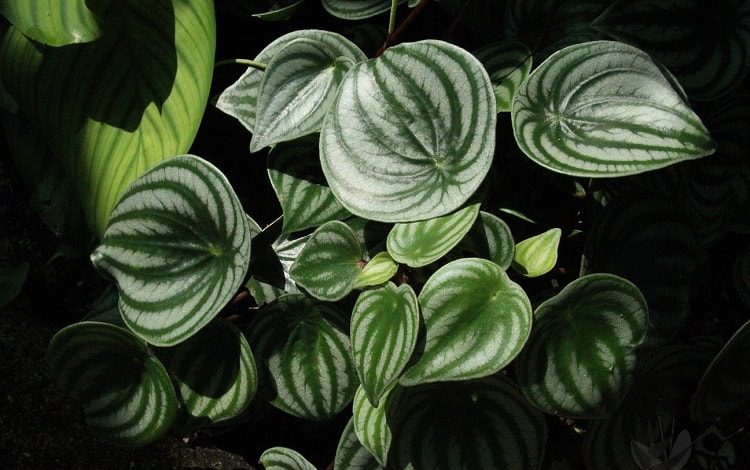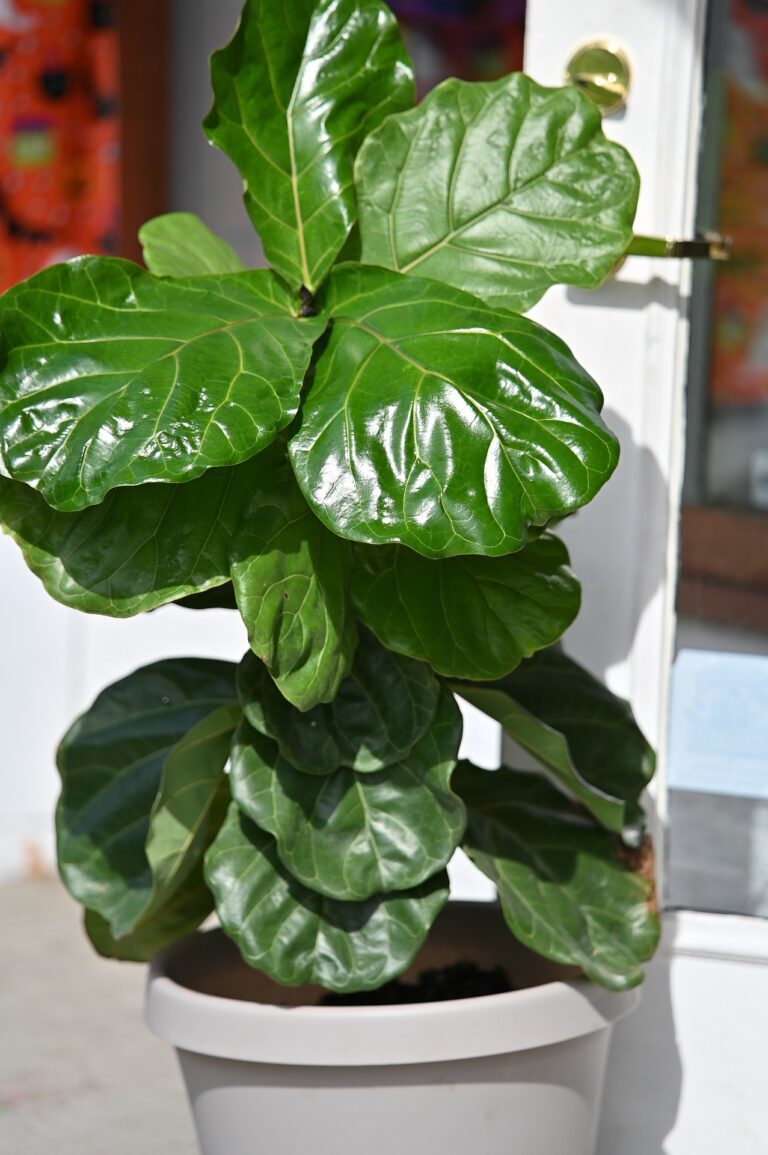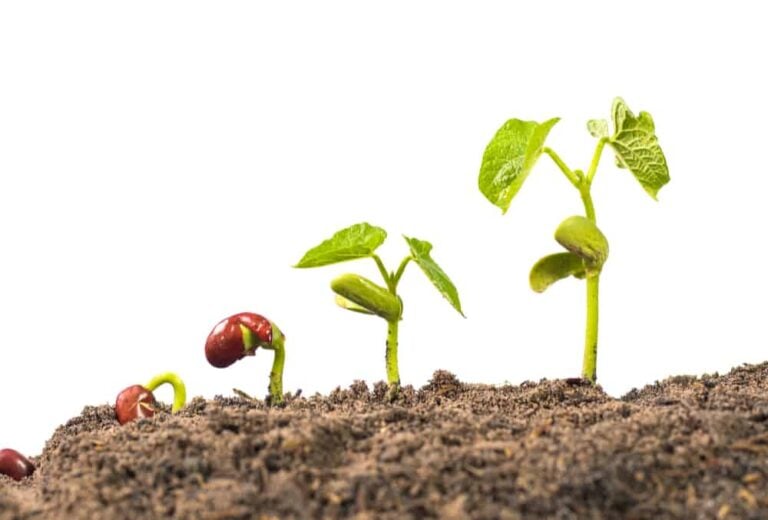Wasp Repellent Plants
One of the most common problems that come with owning plants or gardens is a wasp attack. Aggressive and bee-like, wasps can be labeled as the “black and yellow insect that you don’t want in your garden.” Wasps are hunters, and unlike bees, they can destroy your garden. So, it is vital to keep your greenery safe from the wrath of wasps.
There are many ways which combat a wasp invasion. But we’ll discuss those later. First, it is vital to know why you should keep wasps away.
Why should you keep wasps away from your garden?
Wasps have a good reputation because of their likelihood to bees. They are both yellow, live in colonies, and love sweets. However, this is where the similarities between bees and wasps end. The primary function of bees is to make honey. On the other hand, wasps have the job of being insect controllers. They act as death squads and keep a check on the insect population in the garden or plant ecosystem.
However, wasps are only a single step away from causing harm to your garden. A colony of wasps can take the fun away from your garden by biting anyone who steps in it,and a wasp sting can be excruciating.Wasps can also destroy your plants and make your garden look unappealing.
While a beehive on a tree is not exactly harmless, a single colony of wasps can eat away the aesthetic of your greens. It is for these reasons that you need to keep wasp colonies in check. Let’s look at a few ways used by gardening experts that keep all wasps at a distance.
How do you keep wasps away from your garden?
Now that we have understood why wasps give you the blues about your greens, here are a few methods that satisfy our purpose of keeping the garden safe. While the most common way to keep wasps away is to have plants that they despise, there are multiple methods you can employ simultaneously.
Let us begin by listing down some plants that push wasps away.
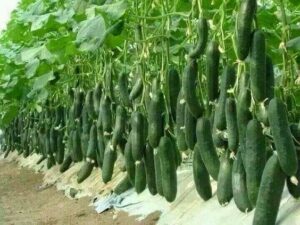
Cucumber
Cucumber, and cucumber peels, to be more specific, are ideal wasp repellent. In fact, most insects that are likely to fly into your garden are not fond of the bitterness and acidity of cucumber peels. You can include cucumbers in your garden in two ways. The most beneficial way is to plant a cucumber plant in your garden. Doing so will help you enjoy fresh produce for salads and cocktails. Alternatively, you can simply add cucumber peels to the soil in your garden, creating something equivalent to a compost pit. Both these methods will produce a smell that will keep wasps away from your dear garden.
Basil
Basil is a fantastic pest repellent and can solve all the problems of a garden infested with wasps. Like cucumber, planting basil can also enrich your palate at home while ridding your backyard of wasps. Bees, wasps, and other minuscule flyers are heavily put off by the aroma of basil leaves. While it acts as a spice for us in the food we eat, wasps despise the herb. There are a few things you need to keep in mind while growing basil in your backyard. A basil plant needs ample sunlight, nearly 6-8 hours every day, and loose, porous soil to grow. Putting enough effort into growing basil plants can be an effective method to curb the growth of wasp nests in your garden.
Wormwood
Wormwood contains absinthe, an intoxicating substance that bees and wasps usually steer clear of. It is toxic and has a detectable pungent odor which alerts insects to danger. They are generally wary of such smells because they deteriorate their health. Wormwood plants are a little difficult to have in your garden. A wormwood plant can kill other plants in its proximity if it is not planted the right way. It would be best to have ample sunlight and light, flaky soil to grow a healthy wormwood plant. It is advisable to grow these plants in a secluded corner of the garden to give off their strong odor to keep wasps away while also not harming any other plants.
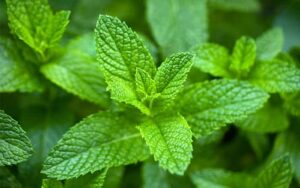
Mint
Mint, peppermint, and all its other forms are fantastic wasp repellents. While the human species favors the spice and zing of mint, the insect world considers it a villain in plant disguise. Wasps especially hate the smell of peppermint. The scent does nothing to harm any wasps but it acts as a deterrent for pesky insects. Wasps are more likely to keep away from the smell of mint and its sibling plants. You can either grow mint plants in your backyard or spray peppermint oil on the leaves. Mint plants do not need a lot of maintenance, but they can grow at an alarming rate and take over your garden. Alternatively, you can spray peppermint oil on your plants to give them the ever-so-scary odor. However, the scent goes away after a while, so you may have to dedicate a couple of hours of your time every day, spraying the plants with peppermint oil.
Eucalyptus
Having a eucalyptus plant in your garden is a delightful idea. Eucalyptus is armed with its sharp and pungent smell, which generally keeps humans away, too. Bees, wasps, and other flying maniacs are not fond of this plant, just like humans. However, moving beyond its pungent smell, the eucalyptus plant is incredibly beneficial for multiple household purposes, too. Its medicinal properties are manifold, in addition to its wasp deterring skills. The plant itself needs a large dose of light to stay healthy. It is drought tolerant, so you need to ensure that the plant is a little dry before watering it again. You can either plant it in special containers or directly into the garden for the same effect.
Marigold
Marigold plants have beautiful and bright flowers, which might attract most flying insects for nectar or pollen. However, it is the strong smell of the flower that keeps wasps away from it. Just like a diabetic human shies away from sugar, a wasp flies away from marigold flowers. While the marigold flower might attract some bees, it will not attract wasps. They are a beautiful addition to your garden, thanks to their bright colors. In fact, we also love the fresh scent of the marigold flower. Many traditions and cultures across the globe adorn their rituals with marigold flowers because of a specific religious identity. The plants themselves are easy to plant and take care of, especially if planted directly into the ground.
Pennyroyal
As the name suggests, the pennyroyal plant is an articulate and beautiful plant that births the finest of flowers. It has an odor that is similar to mint, which makes it undesirable for bees and wasps. These insects are repulsed by the sharp and buzzing smell of the pennyroyal plant and its flowers. You can grow them easily in containers and pots since they are tiny. An average pennyroyal shrub will not grow taller than 12 inches and can therefore grow in small spaces, too. However, you would need to water it frequently to prevent it from drying out.
Pitcher plant
The pitcher plant is an oddity in this list. It does not have any repulsive characteristics that will drive wasps away. On the other hand, the pitcher plant is a carnivorous plant that attracts insects like bees and wasps to it and slowly traps and ingests them for its own nutrition. The flower is structured extraordinarily to lure insects to its surface. Once an insect lands there, it falls into a pool of water inside the plant’s body and drowns. It is an exceptional plant, and using it to solve an insect problem is like using a missile launcher to squash an ant. While there are better ways to drive wasps away, a pitcher plant is undoubtedly a unique train of thought. The carnivorous plant needs pure filtered or distilled water and cannot bear the mineral content present in tap water. It also needs direct sunlight to thrive.
These were the plants used against wasps. Let’s look at a few other techniques that can keep wasps away from your garden.
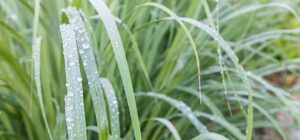
Other techniques
Maintain a clean backyard
Arguably an essential part of every garden is to keep it clean. And a clean backyard or garden can go a long way in keeping any unnecessary pests outside your fence. Organic waste of any kind is a haven for all insects. Dispose of the organic waste carefully. Rotten fruits and vegetables can become breeding grounds for wasp colonies very fast. It is better to segregate wet and dry waste and dispose of it every day.
Wasps like to settle in places where they feel secure. Therefore, an effective solution to keep them out is to keep no spaces where they might feel safe. Trim all bushes, especially the tall ones, and allow natural sunlight to fall on your garden. Doing this would expose the wasp dwellings to the outside, and they would be less likely to settle in your garden.
Keep your barbecues clean and safe. Having an outdoor barbecue extravaganza is only fun without the presence of wasps. It would be best for you to cover all food and drink preparations with lids to prevent any insects or flies from sneaking into them. Lastly, ensure that all waste products are neatly put together in garbage bags and the bags are closed shut.
Secure cracks and crevices in homes
A wasp colony needs but a small space in a secure area to survive. Small cracks in the walls of your house, gaps in door or window hinges, crevices between window panels, etc., are all picnic spots of wasps. Therefore, it is crucial to seal and secure all such spaces that might become potential breeding grounds for wasps, or bees for that matter.
Once the wasp colony settles in the dark and dingy corners of your house, it will not take too much time to feast on the garden that you have built. They love building nests in hidden places so that they can find pathways to sneak into your house. You should always watch such areas and ensure that they are cleaned or patched up regularly.
Avoid bright colors on your house
We know that avoiding painting your house a bright and fresh color is a tough task, but it can be the difference between a wasp-infested garden and a clean and green one. Wasps are attracted to bright colors and are more likely to come flying at the house with the most glowing colors. They associate these tacky hues with those of flowers and form colonies in the homes expecting nectar. Therefore, a brightly colored porch may not be the best idea for a house close to wasp sightings.
Secondly, if you plan to grow brightly colored flowers, ensure that you grow them in a space where wasps cannot destroy them. Also, research states that wasps are colorblind for the color red. That means they cannot see red at all. It would be best to keep that in mind the next time you pick up a paint job.
Use wasp nest decoys
Wasps are known to be very territorial, i.e., they are very particular about their nests and colonies. They are less likely to set up their hives in places where they already see an existing settlement. Therefore, you can easily use wasp decoys in and around your house and pull a sneaky one over the wasps. Using decoys is a solution that is best suited for large infestations or recurrent wasp growths.
These are a few methods that gardeners and other related professionals suggest to decrease the effect of a wasp attack on your garden.
Conclusion
Your garden is an integral part of your house, and it is essential to protect it from bees and wasps. A colony of wasps can be detrimental to your garden or other plants or even your house. Therefore, you can employ most of the methods mentioned above to solve your wasp problem.
Ref –
https://www.jcehrlich.com/blog/10-plants-that-repel-bees-and-wasps

